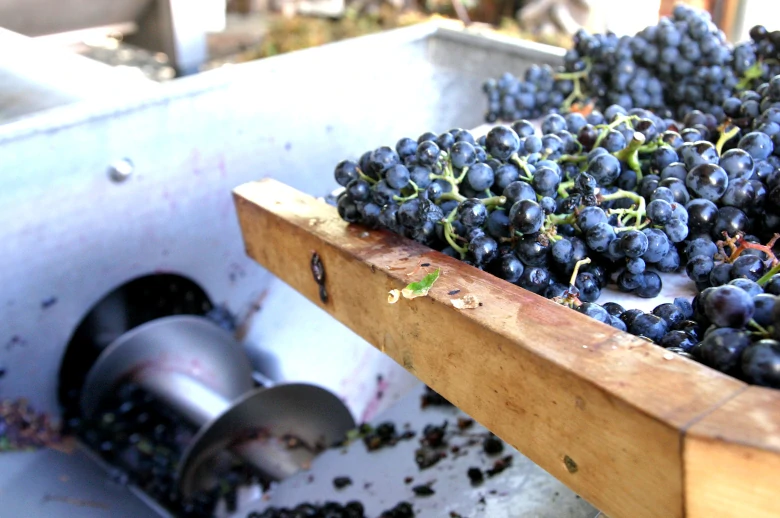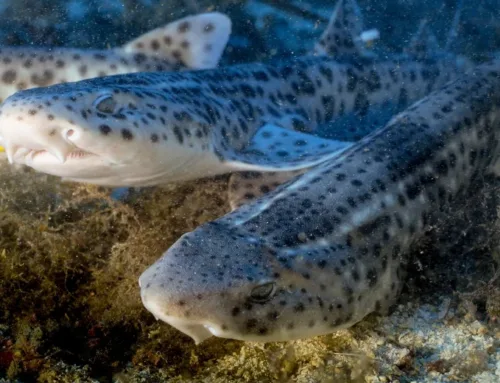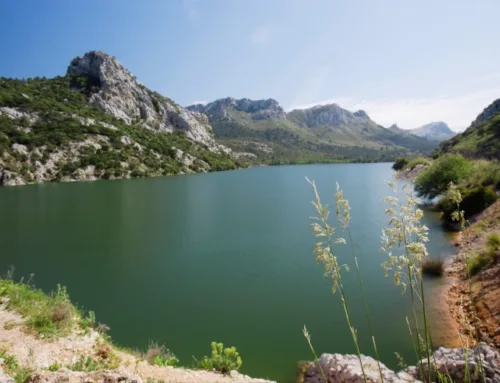The production of quality-labelled wines in the Balearic Islands has recorded a significant decrease in 2024, with a total of 53,253 hectolitres produced, a 22% drop compared to the previous year, according to data from the Ministry of Agriculture, Fisheries and the Natural Environment. This decline is mainly attributed to drought conditions, the uneven distribution of rainfall during key vegetative periods, and the impact of wood pigeons on some vineyards, particularly in Ibiza and Formentera.

Photo: CAIB.
Increasing vineyard area, declining yield
Despite the upward trend in vineyard area, which has grown by 2.8% compared to 2023, grape production has been seriously affected. In 2024, 8,515 tonnes of grapes were harvested, a 23.2% decrease from the 11,092 tonnes in 2023. This reduction was particularly significant for red grapes, with a decline of 26.1%, compared to an 18.4% drop for white grapes.
Yield per hectare has also dropped, from 5,257 kg/ha in 2023 to 3,926 kg/ha in 2024, representing a 25% reduction.
Data by origin designations and wine types
Production by origin designations:
- IGP Vi de la Terra Formentera: -43.2%
- IGP Vi de la Terra Eivissa: -22.3%
- DO Binissalem: -27.7%
- DO Pla i Llevant: -25.4%
- IGP Vi de la Terra Mallorca: -17.9%
- Vi de la Terra Illa de Menorca: -5%
Production by wine types:
- Red wines: -26.9%
- Rosé wines: -21.2%
- White wines: -17.1%
Uneven impact across the islands
Formentera recorded the steepest production decline due to the combined impact of drought and wood pigeons. Ibiza followed a similar trend, with a reduction above the regional average. In Mallorca, the DO Binissalem and DO Pla i Llevant designations experienced significant losses, while Menorca saw a more moderate decrease, mitigated by the entry into production of new vineyards.
Record year for quality wine production in the Balearics
It is worth noting that 2023 was a record year for quality-labelled wine in the Balearic Islands, with a historic production of 68,440 hectolitres.
More information about production data is available at www.illesbalearsqualitat.es.







Leave A Comment